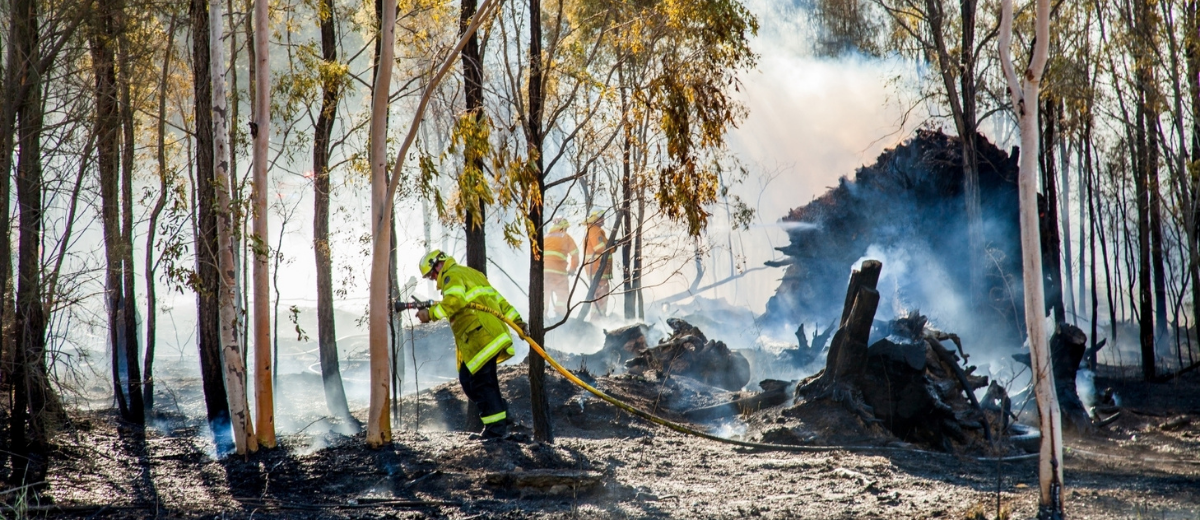

We’re calling for more support for scaled-up, digitally enabled, strategic and coordinated legal sector responses to meet legal need.
In a year like no other, Australians have faced two compounding crises.
First fires, and then a pandemic. Like disasters prior, these crises have driven increased levels of legal need across Australian communities.
Throughout our crisis and disaster response, we’ve made submissions to different levels of government based on our first-hand experience of seeing where legal need arose, as well as the lived experience of people we’ve assisted.
We strongly recommend that state and federal governments commit to delivering coordinated, consistent, and coherent responses to disasters that put the needs of people and organisations experiencing disasters, or working to address disasters, front and centre.
Every jurisdiction should have a pre-planned disaster response framework for the legal assistance sector. This framework should be as consistent and complementary across jurisdictions as possible, given the likelihood that disasters will cross state borders.
The framework should cover agreed approaches to:
The framework must also be sufficiently flexible to support a local, on-the-ground response and/or a digital first response depending on the nature of the disaster and its impacts on service delivery.
Government funding should be quarantined to support legal assistance sector responses to disaster.
The process for applying the quarantined funding in a disaster response setting should be clear and transparent. To the extent that an agreed disaster response framework is put in place, quarantined funding should appropriately align with the roles that organisations are committed to playing in disaster response. In particular, roles that do not fall neatly into the direct delivery of units of legal assistance but that are critical to an effective response should be explicitly provided for, including:
It is critical that more work is undertaken to define what constitutes a “disaster” to ensure that future issues experienced in Australia can, as far as possible, fall either clearly in or clearly out of disaster response frameworks. Any definition should be regularly reviewed and updated given the rapidly changing technological, environmental and geopolitical landscape.
State and federal governments should acknowledge the extraordinary commitment of the legal profession to providing pro bono responses to disasters. Governments should also support sector-wide infrastructure proposed by Justice Connect that will support effective and efficient collaboration between the legal assistance sector and pro bono lawyers in a disaster response setting.
We urge state and federal governments to support all areas of public legal services, including community legal centres, legal aid commissions, and courts and tribunals, to undertake digital transformation work. A digitally transformed sector will be better positioned to respond to disasters at scale, and will be better positioned to provide continuity of services during and post-disaster.
Legal help for not-for-profits and volunteer-involving groups should be regarded as a vital component of the disaster response service ecosystem at a national level. There is a need for stronger government promotion, funding and endorsement of professional (including legal) support services that have the expertise to assist the community sector with disaster preparedness and recovery on a pro bono basis.
See our submissions related to calling for better legal responses to disasters
We’ve seen first-hand how legal need shifts during disasters and crises. We’re using our evidence, and the experiences of the people we’ve helped, to call on all levels of government to act.
See more of our campaigns

“Your donation helps build tools and services that connect more people with legal help, so we can close the justice gap.”
– Gillian Triggs, Justice Connect Patron